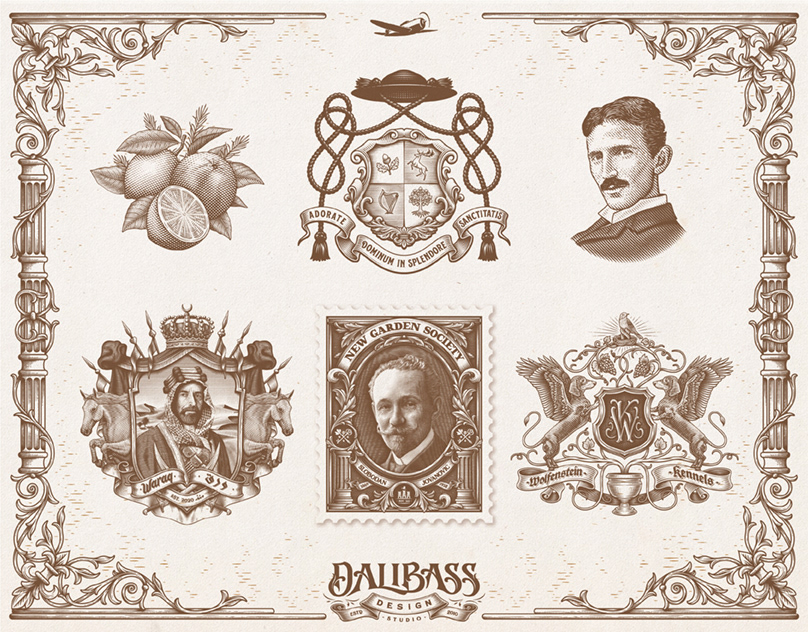In the play, Julius Caesar addresses his close buddy Brutus with these final words 'Et Tu, Brute?'. Shakespeare gave this phrase an eternal life after utilising it in his play, just like he did with so many other expressions. The Latin expression translates to "and you, Brutus?" alternatively, "And you, too, Brutus?" In this sentence, it is not the words themselves that are significant, but rather their context. One of Caesar's closest pals was Marcus Brutus. When Caesar least expected it, he teamed up with the assassination plotters. It is generally accepted that when Caesar noticed him among the murderers, he accepted his fate.

The sculpture carved out in stone depicts Julius Caesar, the main character of this artwork and the snake is being used to symbolise Marcus Brutus, the dear friend of Caesar who betrayed him. Snake are often used in our vocal expressions to denote a person who has backstabbed or betrayed their near ones. This is exactly the story of the play. The snake is shown colourful and bring cause even though Caesar is gone, as by the statue that is portrayed, the evilness and betrayal still continues on in the world.



